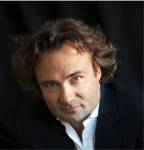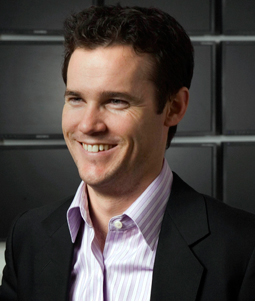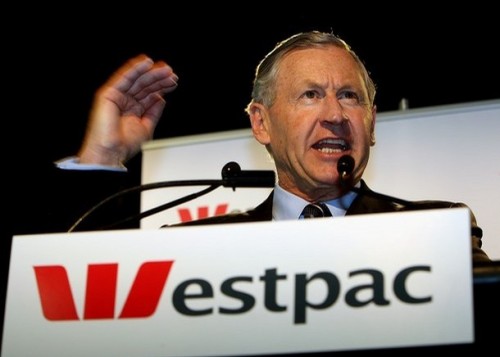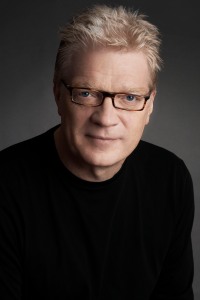Richard Watson
Check out his blog.

Prediction is a dangerous game – the future is never a straight, linear extrapolation from the present. Unexpected innovations and events conspire to trip up the best-laid plans, but predicting is better than not thinking about the future at all.
Widely acclaimed author and futurist Richard Watson makes provocative forecasts about how the world and the world of work might change in the next half-century as he examines emerging patterns and developments in society, the economy and business.
Richard Watson is a futurist- and what exactly is a futurist you ask? Richard said it is essentially someone who thinks about the future. Pretty simple explanation, but don’t we all think about the future in one way or other?
More specifically Futurists, or futurologists, are those who speculate about the future. He says that we can’t predict individual events, but as a futurist he looks at broad waves and patterns to predict what may happen.
In his presentation, Richard argued that there were four key drivers of change in the next 15 years; namely globalisation, demographics, technology and the environment and these are explained briefly below.
Globalisation-
Growth of outsourcing
Rising job mobility
High skill jobs under increasing pressure
Re-localisation
Demographics-
Ageing workforce
Declining birth rates
Skills shortages- more leaving Australia than those entering
Gen Y impacts- (Gen X and Boomers struggle if they can’t physically see their workers so workplace needs to get more flexible)
Gen i- millennials etc will expect a much more flexible workplace
Immigration- we’ll need to increase people that come in to compete
Baby Boomers retiring

Technology-
The internet will be more sensory
Pace of change will increase
Increased automation i.e. smart machines
Growth of virtual worlds
Rising IT enabling distance working and collaboration
Rise of robotics
Web 3.0
Environment-
Demand for natural resources rising
People more aware of sustainability issues
Procurement taking on strategic significance
Tightening regulation
Rising transparency expectations
People are beginning to make decisions on social, ethical and environmental decisions
So what does the future of work look like?
It is faster… more global… more polarised (with technology and incomes)… there will be more part-time work…there’ll be more specialists….more machines…more stressful!
Finally I’ll leave you with Richard’s tongue-in-cheek “Extinction Timeline”.







